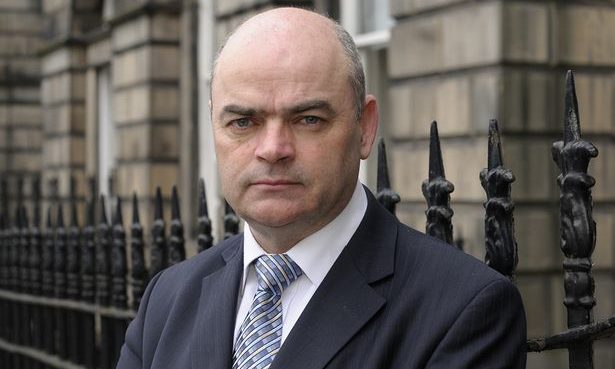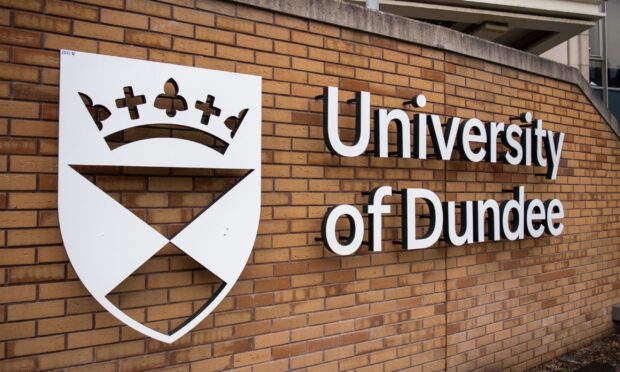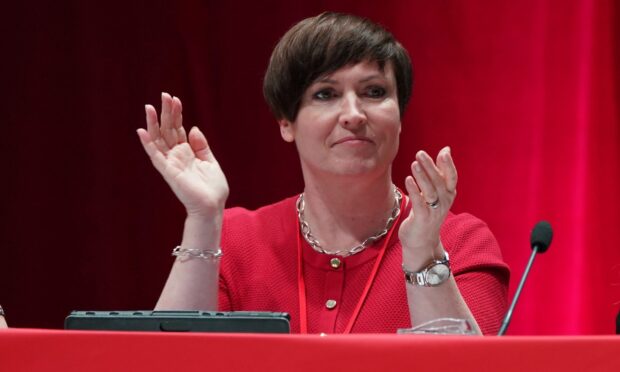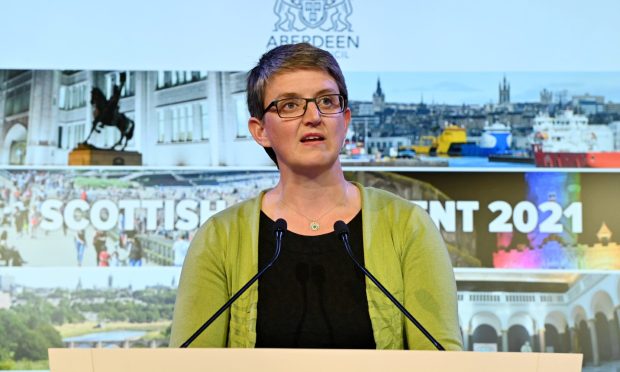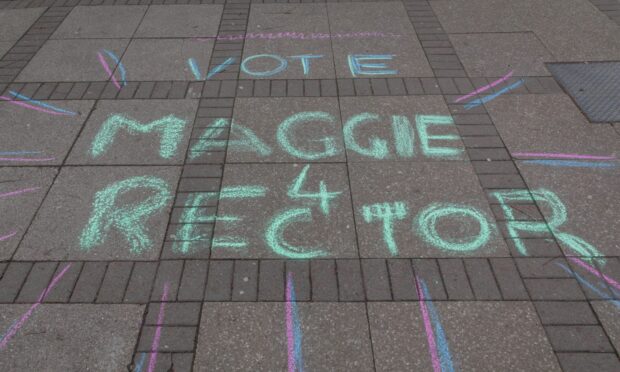Teachers would demand refunds at taxpayer expense if they are slapped with new parking charges, says one of Scotland’s biggest unions.
It would cost Tayside and Fife councils £3.7 million in lost revenue if all teachers in the area won rebates for the £500 motorist tax.
EIS teaching union boss Larry Flanagan said his union would seek reimbursements under a future pay deal for any charges imposed by local authorities.
The general secretary said any levy costs to its members would “simply work into the next pay claim and people would be looking to recompense that”.
The workplace parking levy was the result of budget negotiations between the minority government and the Greens and will allow struggling councils to raise extra revenue amid cuts to core grants.
The EIS vow to effectively exempt their members could blunt that revenue-raising tool, leaving councils shy of the funding they say is required to protect services.
Murdo Fraser, for the Scottish Conservatives, said the SNP should ignore the “Green extremists” and drop the levy.
“We already knew this ill-judged SNP tax would be a disaster for workers and businesses right across Scotland,” the Perthshire-based MSP said.
“Now it seems it would be a nightmare for the taxpayer too.”
Under the Budget agreement between the SNP and Greens, councils would be given the option of taxing employers once a year for every parking space they provide to staff.
It would be up to bosses to decide whether to pass on that cost to employees.
Courier Country motorists were among those who contributed to BBC Scotland’s radio phone-in on Wednesday morning.
Robert in Rosyth said: “I am absolutely sick to the back teeth listening to let’s tax the car driver.”
Airport worker Iain from Monifieth described the policy as a “disaster”, adding: “I’m really quite annoyed because people who work shifts will be adversely impacted by this.”
Other listeners said they could not see what was so controversial about the levy plan.
Supporters including environmental groups say the policy could help Scotland cut emissions, increase public health and invest in public transport.
A Scottish Government spokeswoman said the specifics of the levy will be mapped out with those affected before going through parliament.
“The workplace parking levy would be introduced at the discretion of local authorities, based on local circumstances, so any predicted costs to businesses or individuals are purely speculation at this point,” she added.
